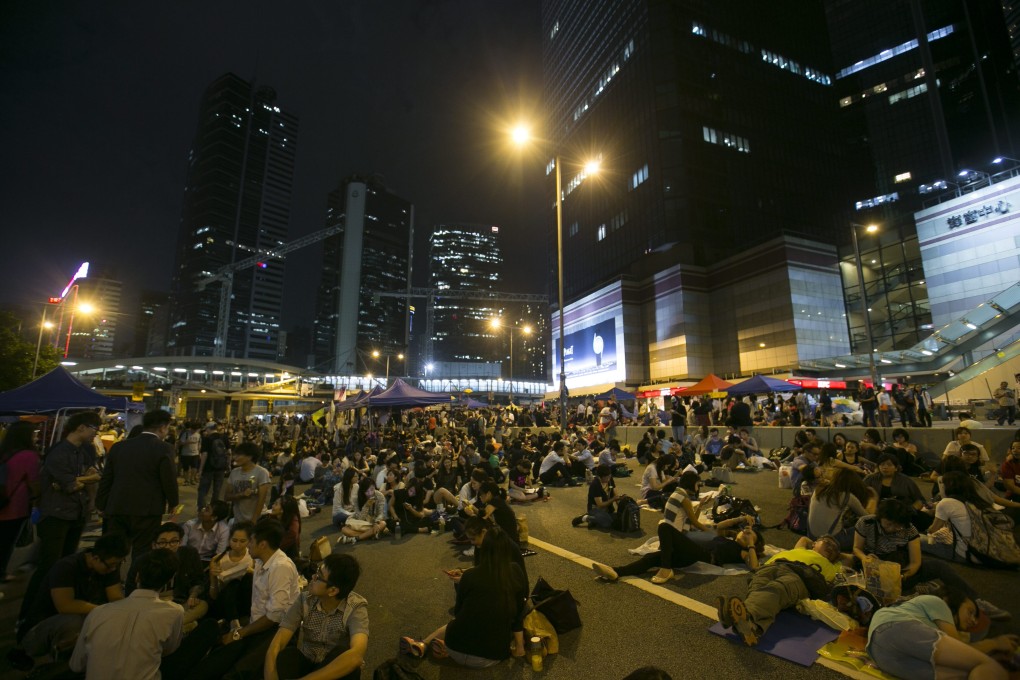My Take | Hong Kong protests expose the real rot in society
Something is rotten in the city of Hong Kong. That is what the pro-democracy rallies have exposed for the world to see.

Something is rotten in the city of Hong Kong. That is what the pro-democracy rallies have exposed for the world to see.
Never mind that student leaders and the government will hold talks. They may or may not lead to minor concessions down the road for constitutional reform. There is certainly wiggle room to negotiate a more representative nominating committee. The protesters want full democracy, not a fake one. But lack of democratic governance is not the only thing driving people to the streets, or even the main one.

That's the rich vs poor; the old vs young; the well-connected vs the disadvantaged; those who have power and others who are voiceless. It's a generational crisis, not just a political one. Extreme inequalities exist in education, job opportunities and social mobility. It's unclear whether they are caused by a lack of democracy, or whether they may be improved by "real" democracy. Such problems also exist in the most advanced Western democratic societies.
Since Beijing has insisted on a restrictive form of universal suffrage, our elites must now have the wisdom to consider wide-ranging reform in welfare, education, housing, medical services, labour mobility and training.
Think about allowing a more level playing field rather than monopolising key markets. Think less about the right to elect a chief executive and more about social entitlement. Think of the 1967 riots and the social reforms that the colonial Brits were forced to introduce.
